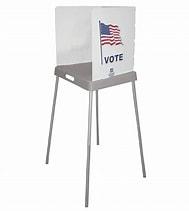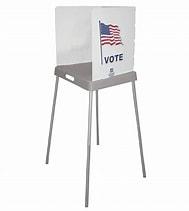In mid-November a House seat opened up due to the unexpected resignation of (former) Rep. Glenn Cordelli. The towns of Ossipee, Tuftonboro and Wolfeboro will be holding a special election in 2026 to fill the vacated District 7 seat for Carroll County. The filing period ends on December 26th. If there is more than one candidate from both political parties, a primary election will be held on January 20, 2026 with the special election held on March 10, 2026. If a primary is unnecessary, the special election will be held on Jan. 20th.
This election can be the precursor for flipping state and federal seats in the mid-terms in Nov. If you are a resident of any of the three above mentioned towns and would like to see New Hampshire stop regressing and stop repealing all manner of revenue for the state, please be sure to take the time to vote on Jan. 20th.
So far, there is one Democrat candidate for the open seat. To learn more about or to contact Bobbi Boudman, click here.
“Elections belong to the people.” Abraham Lincoln
Please be sure to participate in this upcoming election before the NH House majority continues to make it harder to do so!
Moving along to a different topic, the state’s Republican party alleged this past summer that Executive Councilor Karen Liot Hill used her position inappropriately by involving herself in a lawsuit against the state over its voter ID law.
To that end the NH Atty. General's office recently found the Councilor as having done nothing wrong by using her government email when responding to a law firm concerning the lawsuit. “This Office cannot conclude that the e-mails constituted a misuse of position or otherwise violated the executive branch ethics code. This matter is closed.”
We’ll have to see what this conclusion by the NH Atty. General’s office does to Rep. Joe Sweeney's proposed resolution to impeach Councilor Liot Hill. She is, after all, the only Democrat on the Council . . . with the other four in the majority party.










